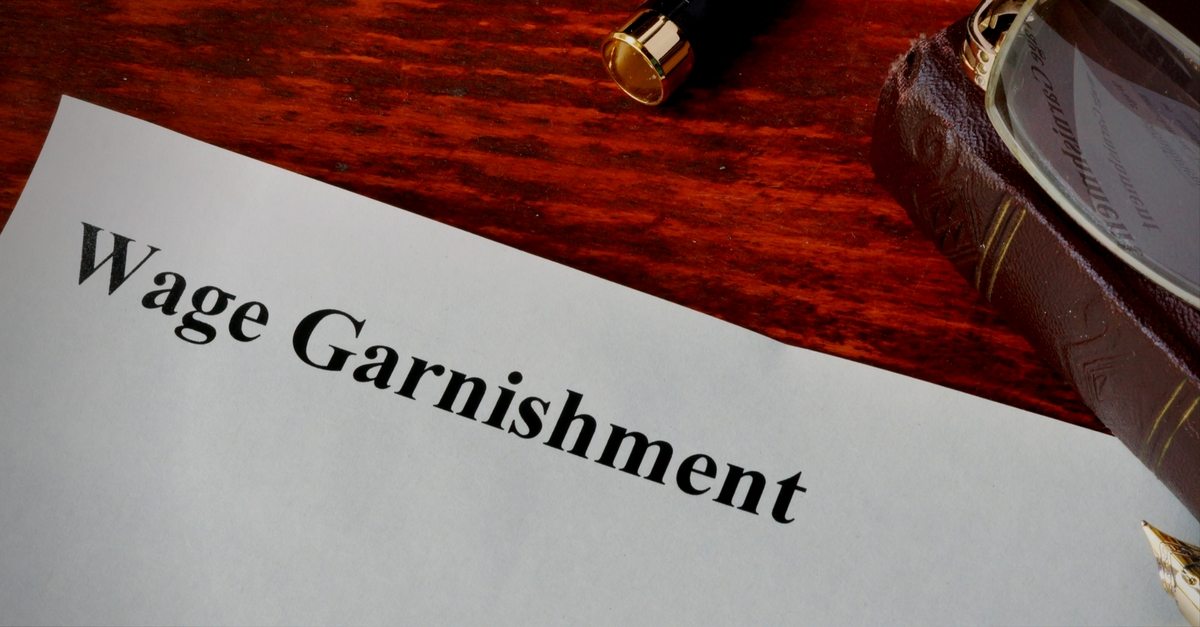If you are a worker or an employee of an establishment in Canada, and you are in debt of a certain amount of money (i.e owing a creditor or a bank), you may want to know which way the creditor will likely want to get his money back, and this could be through wage garnishment!
Wage garnishment in Canada is a legal authorization issued from the court permitting a creditor, who is owed money by a particular individual, to claim a certain percentage of that individual?s wage or income until they are paid back in full.
Wage garnishment is usually common among people who do not have assets, properties or equity that can be taken over to recover the cost of their debts.
There are basically two types of garnishment:
- In wage garnishment, where creditors can legally ask your employer to hand over a certain part of your earnings to pay off your debts.
- In nonwage garnishment, usually referred to as a bank levy, creditors can have access or tap into your bank account.
You should, however, note that a creditor cannot simply start garnishing your wages or income; there is a process that must be followed, it commonly looks something like this:
- First, a creditor needs to get a court order; this is recognition from the court declaring that the creditor does in fact, have a claim against the debtor.
- Next, the creditor has to be given a seizure summons by the court.
- The seizure summons authorizes a creditor the capacity to look for assets to seize.
- If there are no physical assets, properties or equity that a creditor can legally claim they will then officially serve your employer with legal notice usually called “a writ of seizure” and begin garnishing your wages.
- Your wages or income will be garnished until your debt are fully paid back.
But, there is an exception to this rule in some provinces in Canada. For instance, in British Columbia and New Brunswick household items and appliances cannot be garnished by a creditor. Neither can a creditor have the ability to garnish or seize wages at all.
How Much Of My Wages Can A Creditors Garnish?
On how much of your wages can a creditor garnish, there is no definite answer to this question, as creditors do not always seize wages, even if their borrowers have stopped making payments.
Usually, it takes an enormous amount of time and energy for a creditor to start garnishing your income or wages. This also means that if you have only been behind your payments for a small period of time, a creditor will probably not garnish your wages.
How do I Stop Wage Garnishment?
If your creditor is currently threatening to garnish your income and has already obtained a court order and has provided your employer with it. You still have the right to stop the wage garnishment from happening or taking effect.
You may leave your job so that you have no wages or income to garnish (although, many debtors may be reluctant to take this option) or you may try to negotiate a different payment plan with the creditor.
But, If at this moment you are having your wages being garnished and you wish to stop it right away. You can file for bankruptcy or a consumer proposal or you can challenge it in court, especially if you believe the garnishment was improperly executed or was made in error. If you are taking any of these measures, we suggest you consult your attorney for proper legal guidance.



















